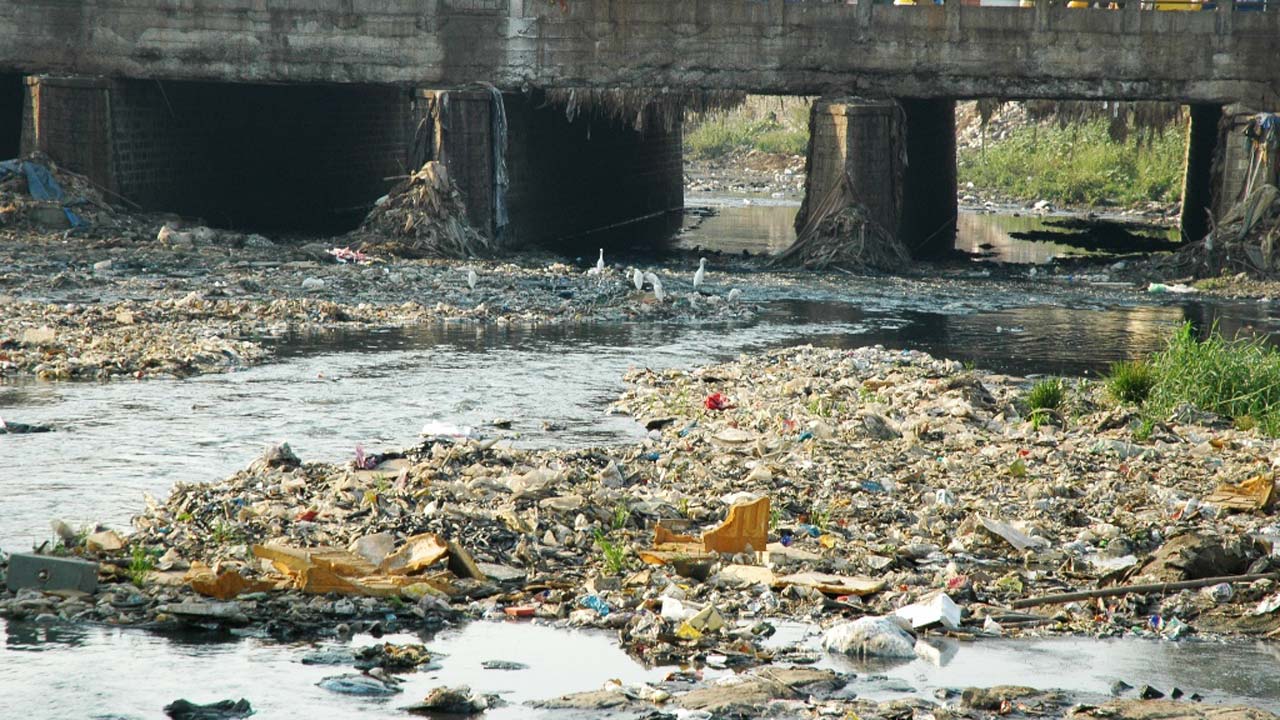
*WARNS IT WILL NOT COMPROMISE STANDARD ON INDUSTRIAL POLLUTION
*EXPERT LAMENTS GROSS NEGLIGENCE, DISREGARD FOR ENVIRONMENTAL REGULATIONS
Worried by industrial pollution by the 430 industries operating in the State, the Ogun State government in conjunction with the State Ministry of Environment together with the Ministry of Commerce and Industry yesterday held a Stakeholders’ meeting in Abeokuta, the State capital to find ways and means to reduce the hazard.
Representatives from many of the industries participated in the meeting and made useful suggestions towards reducing the menace to the nearest minimum.
Thirty-six out of the 430 industries are steel industries.
The Commissioner of Commerce and Industry, Otunba Bimbo Ashiru in his opening speech stated that as much as the government encourages investors to establish in the State, it would not do so at the detriment to the health of the people.
He added that the government was committed to protecting industries and their host communities by serving as a link between the communities and the companies by peacefully resolving disputes whenever the need arises.
He therefore charged the industries to do everything possible to ensure that their activities would not put the lives of the people in the communities they operate at risk.
An Environmental expert, Mr. Tayo Seriki who addressed the participants, lamented gross negligence and disregard for environmental regulations, guidelines and requirements by some of the companies had led to disputes between the companies and their host communities.
With the high number of industries in the State, Seriki disclosed that residents of the State are more prone to industrial pollution which he said if not properly managed could increase the morality rate of the people in the State.
Seriki urged the government to urgently identify companies that are not complying with the environmental laws and guidelines of the State and issue appropriate sanctions to mitigate the level of industrial pollution in the State.
According to him, “Companies must be responsible to the environmental needs of their host communities because their activities directly impact the people. Industries generate a lot of waste, pollute the environment and many of them are getting away with it because their host communities lack adequate information to challenge them”.
He queried, “Of what importance is the Corporate Social Responsibility (CSR) programmes of companies if their activities are detrimental to the health of the residents of their host communities”.
“Industries are getting away with too much in Nigeria because many of their host communities do not have basic environmental information to probe them.”
Proffering solutions to disputes between companies and their host communities as a result of environmental pollution, Seriki urged the government to develop a legal framework for the industries.
He also urged companies to come up with a Memorandum of Understanding (MoU) between the companies and their host communities, saying this would address the needs of the communities as well highlight the responsibilities of the companies to the people.
The Commissioner for Environment, Mr. Bolaji Oyeleye in his remark noted that the State was not unaware of the attendant challenges of the increase in the number of industries operating in State, disclosing that the meeting which was the first out of planned series was aimed at addressing these challenges.
He maintained that the State was trying its best to ensure that all the industries in the State comply with the environmental laws and guidelines and urged the industries to support it to achieve its aims.
He warned that the State would not hesitate to close down any company that violate environmental laws and regulations, stressing that the State would not compromise its standard set for the operation of industries in the State.
Some of the stakeholders who spoke commended the State government for organising the meeting and urged the government to provide enabling environment for industries to thrive.
They suggested that the government should hold a similar meeting with the representatives of their host communities to sensitise them on their (companies) activities and that of the government.
At the end of the meeting a Communique was jointly signed by representatives of the companies and the government.
The communique comprised eleven resolutions, some of which were:
*”There should be development of legal framework for Steel industries,
*”There should be robust community/industries engagement strategy,
*”There must be environmental due diligence, Industry-to-industry,
*”There must be MoUs (Memorandum of Understandings) between the Steel industries and the host communities.”



